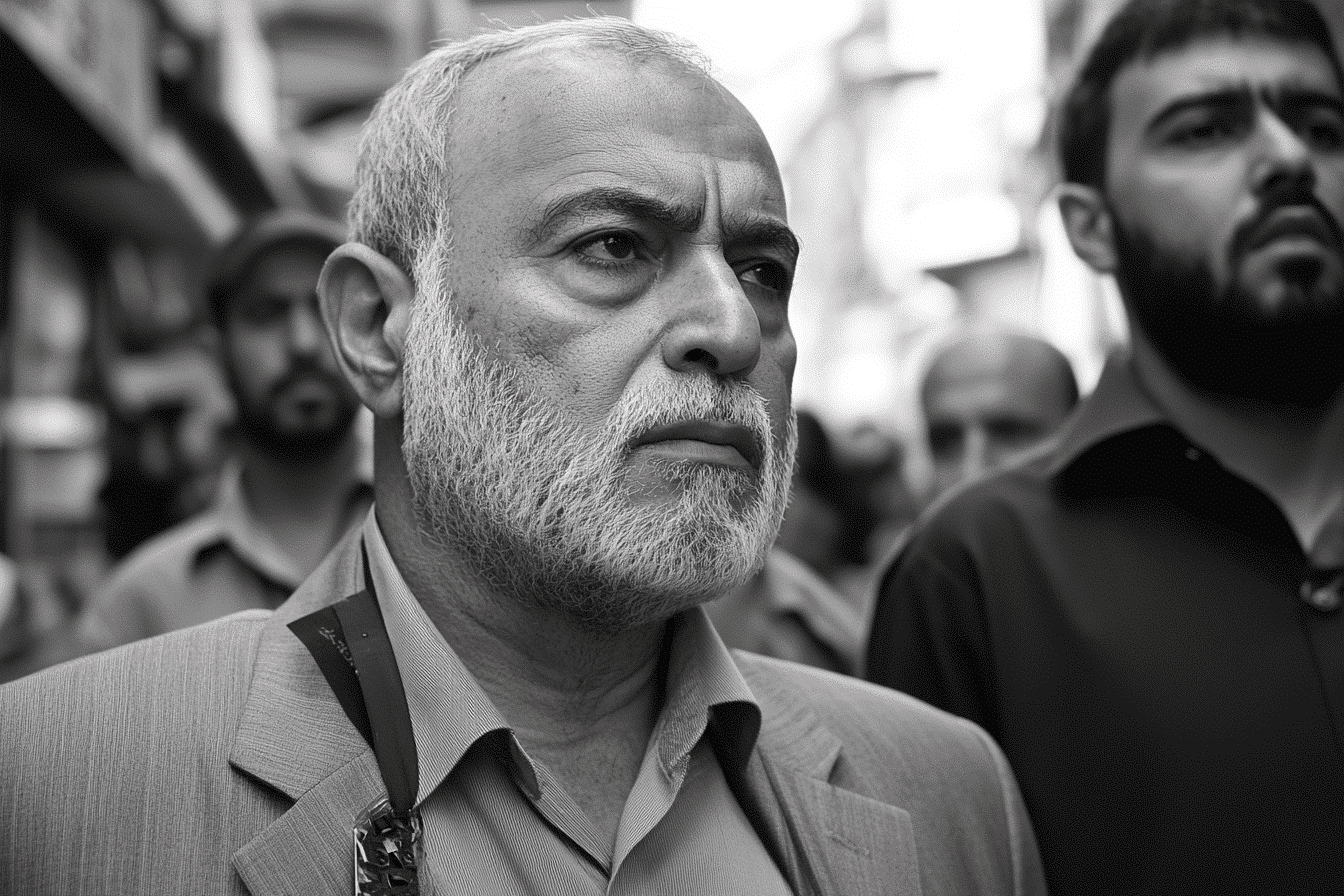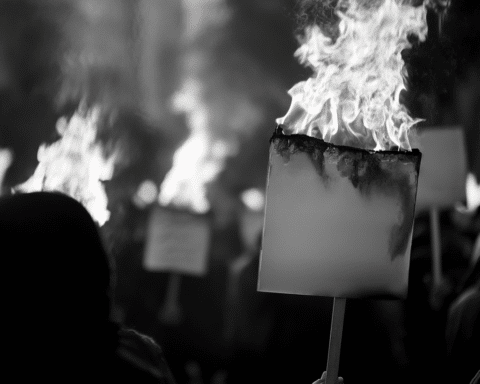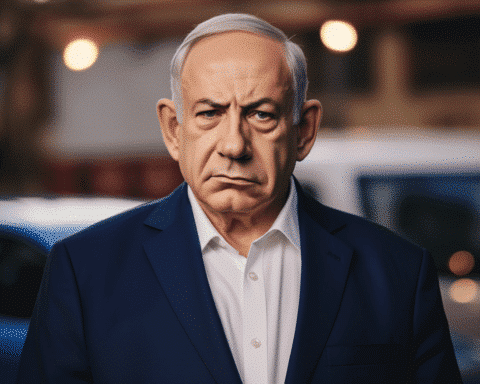A Shock Assassination in Tehran
Hamas’ top political leader, Ismail Haniyeh, was killed Wednesday by a predawn airstrike in Tehran, the Iranian capital. Both Iran and Hamas have blamed Israel for the assassination, which has the potential to escalate into an all-out regional war. Iran’s supreme leader, Ayatollah Ali Khamenei, vowed revenge against Israel, declaring that Israel had “prepared a harsh punishment for itself” by killing “a dear guest in our home.”
Israeli Response and Rising Tensions
Israeli Prime Minister Benjamin Netanyahu stated that Israel “will exact a very heavy price from any aggression against us on any front,” but did not specifically mention the killing of Haniyeh. He acknowledged that “there are challenging days ahead.” The assassination comes in the wake of Israel’s pledge to target Hamas leaders following the group’s attack on southern Israel on October 7, which sparked the ongoing war in Gaza.
Potential for Regional Escalation
The assassination’s timing and location, just after Haniyeh attended the inauguration of Iran’s new president in Tehran and hours after Israel targeted a top commander in Hezbollah in Beirut, make it particularly explosive. The potential for confrontation between Iran and Israel is high, especially if Iran decides to retaliate. The U.S. and other nations actively work to prevent a broader, deadlier conflict.
Historical Context of Hostilities
Israel and Iran have a history of hostilities that nearly led to war earlier this year when Israel struck Iran’s embassy in Damascus. Iran retaliated, leading to a rare exchange of strikes on each other’s soil, which was eventually contained through international mediation. The current situation, with Haniyeh’s assassination, risks reigniting these tensions.
Impact on Cease-Fire Negotiations
Haniyeh’s death could derail ongoing cease-fire and hostage release negotiations in Gaza, which U.S. mediators have reported as making progress. The assassination might also exacerbate tensions between Israel and Hezbollah. Following a weekend rocket attack that killed 12 people in the Golan Heights, Israel struck a top Hezbollah commander in Beirut. Hezbollah, while denying involvement in the Golan strike, confirmed the death of commander Fouad Shukur in the Israeli strike.
International Reactions and Uncertainty
White House national security spokesman John Kirby noted there was “no sign that an escalation is imminent” and that a Gaza cease-fire was still possible. The U.S. could not independently verify the events in Tehran. Secretary of State Antony Blinken emphasized that the U.S. was not aware of or involved in Haniyeh’s killing, refraining from speculating on its impact on cease-fire efforts.
The assassination of Hamas leader Ismail Haniyeh in Tehran has heightened regional tensions and brought the Middle East closer to potential conflict. As international efforts continue to prevent escalation, the situation remains fragile.




